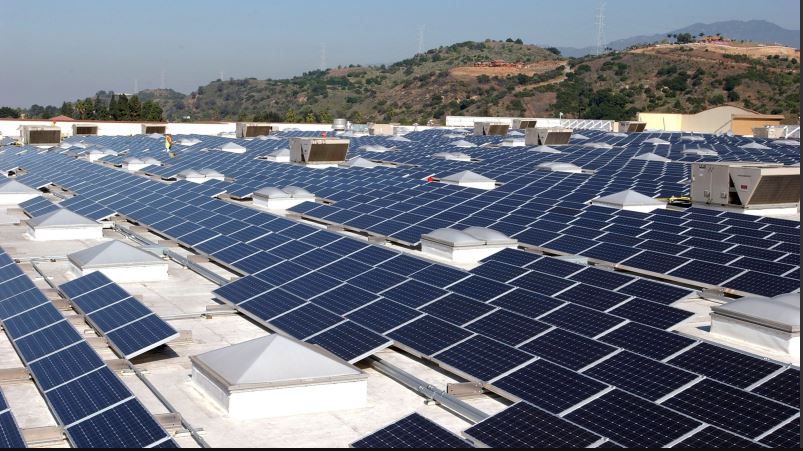Decreases in overall energy demand resulting from the global coronavirus pandemic will hit fossil fuels hard, while driving a shift toward renewable energy, according to a report issued last Thursday.
The International Energy Agency (IEA) predicts that global energy demand will fall 6% in 2020—seven times the decline seen after the 2008 financial crisis. That is shaping up to be a win for renewables, according to the IEA.
"The plunge in demand for nearly all major fuels is staggering, especially for coal, oil, and natural gas. Only renewables are holding up during the previously unheard of slump in electricity use," Dr. Fatih Birol, IEA executive director, said in a statement.
After taking the lead from coal in 2019, low-carbon energy sources are expected to account for 40% of global electricity generation in 2020, according to the report. That includes wind solar, hydro-electric, and nuclear power.
Coal demand is expected to decrease by 8% in 2020, the largest drop since the Second World War, according to the IEA. After 10 years of uninterrupted growth, natural gas demand is expected to decrease by 5% this year. That will be the first recorded year-on-year decrease since natural gas entered widespread use, the IEA noted.

Solar panels on a Walmart store
Decreased use of fossil fuels will help lower global carbon emissions by 8% in 2020, according to the report, which is based on the assumption that lockdowns currently in place in many countries will be gradually eased in the coming months.
Renewable sources have the advantage of low upkeep costs once installed, and are isolated from the volatile fossil-fuels market.
Stay-at-home orders have created a glut of oil, dropping average United States gas prices below $2.00 per gallon in recent weeks, and briefly sending oil prices into the negative range.
Renewable energy has steadily increased its share of the electricity-generation mix. A 2018 report predicted renewables would achieve cost competitiveness with fossil fuels in 2020.
With the oil market in chaos, this could be the right time to talk about making the jump to a market that revolves more heavily around renewable energy, and less around the price of crude.
